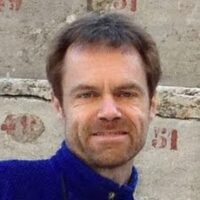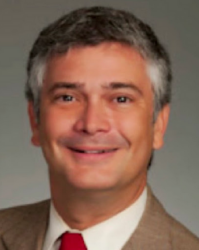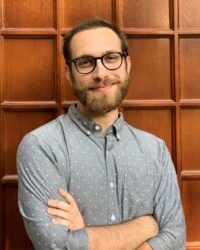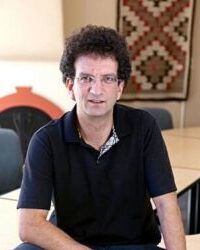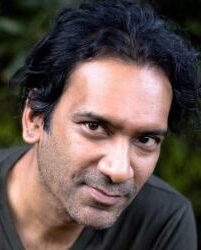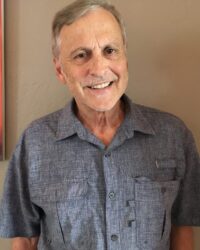 |
Allen Buchanan
University of Arizona |
The main thesis of my research project is that from the earliest human societies to the present there has been a struggle between those who wish to exercise domination (hierarchs) and those who resist domination (resisters) and that this struggle is a major influence in the evolution of moral concepts and institutions. The struggle is analogous to an arms race: resisters develop counter-domination strategies, but then hierarchs develop new strategies, and so on. Among the concepts generated by the struggle are the following: divine right of kings, mandate of heaven, legitimacy, sovereignty, rule of law, constitutionalism, rights, and exploitation. The goal is to understand the struggle well enough to draw conclusions about which resister strategies are genuinely liberating and not just new forms of domination. |
 |
James Dixon
University of Connecticut |
Organisms are famously capable of end-directed, intentional actions, such as seeking prey, avoiding aversive environments, and generally creating conditions that enhance the probability of survival. We propose that end-directedness, rather than being a special property of biology, is actually a fundamental property of a particular class of physical systems, called dissipative structures. Biological entities, we suggest, came into existence by richly exploiting this property, and their moment-to-moment behavior, as well as their long-term proliferation, depends directly upon it. We plan to investigate the end-directedness and thermodynamic aspects of increasingly complex dissipative structures, thus showing how organism-like, goal-oriented behavior can emerge from simple physical origins. |
 |
F. Enrique Guerra-Pujol
University of Central Florida |
This year’s Ideas Challenge asks us to contemplate the goals or purposes of living systems. Because of the prevalence of both conflict and cooperation in all living systems, and because the systematic study of living things must be carried out by people, and because most of these people are formally-trained biologists, my work will reformulate this Ideas Challenge from the perspective of biologists themselves and their models. Specifically, I will explore the following well-defined theoretical questions: what are the goals or purposes of evolutionary biology and evolutionary biologists, and what are the goals or purposes of their models? More to the point, is evolutionary biology itself more of a cooperative enterprise (like a Socratic dialogue) or more of an adversarial one (like a legal trial), and which of these two approaches is more conducive to our understanding of living systems and to the truth-seeking goal of evolutionary biology? |
 |
Caleb Hazelwood
Duke University |
My project seeks to uncover how practicing biologists think about causes of evolution. Using survey data from practitioners across the United States, my goal is to quantify assumptions about the capacity of organisms to influence their own evolutionary trajectories. I argue that a better understanding of these assumptions, as well as their role in research and education, is required to make progress in debates about “goal-directedness” in evolution. |
 |
Michael Lachmann
Sante Fe Institute |
There are few places in natural sciences where asking teleological questions is allowed: one is in biology. Darwin’s theory of natural selection allows us to ask why grasshoppers are green – they are green because being green helped their ancestors survive better. By building a theory of selection in physics, we should extend the same type of causal relationship between past and present in physics as we see have in biology, and in those cases the use of functional terms could be justified there, too. |
 |
Maulik Parikh
Arizona State University |
What does it mean to be goal-oriented in the context of physics? Broadly speaking, a goal is some state or outcome that could exist in the future. Goal-oriented then means that the dynamics of a prior state would be dictated in part by movement towards a future goal-state, a property known as “teleology”. There are many contexts in physics — from the dynamics of black hole event horizons to attractor solutions in nonlinear physics — in which teleological behavior arises; the idea is to further explore these as specific instances of goal-orientedness in physics. |

